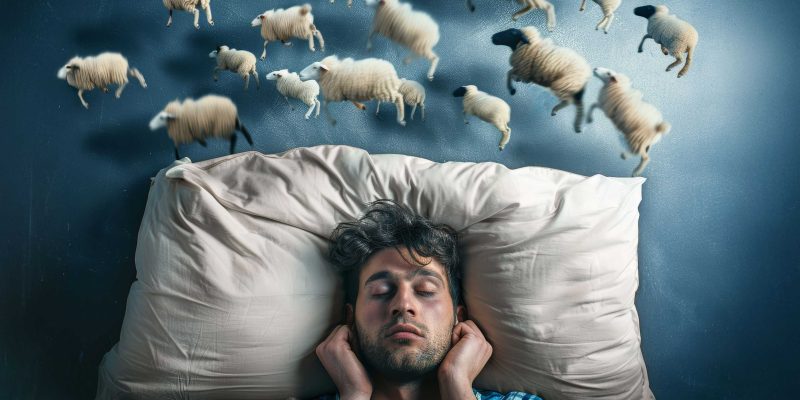“We should take a more relaxed approach to sleep”
How do you explain the increase in cases?
Sleep problems and disorders have many causes. Key factors that have become increasingly apparent in recent decades are the constant pressure to perform, a lack of boundaries and the effects of digitisation. As a result, many people’s working days intertwine with their private lives and they lose that clear separation that comes from properly “finishing work for the day”. Stress and pressure are considered the greatest obstacles to a good night’s sleep. Stressful events such as wars, the coronavirus pandemic or uncertainties about the future intensify this state. For many of us, our thoughts start racing as soon as we get into bed. That makes it difficult to let go. People remain in a state of hyperarousal, inner tension and constant stress. Obesity and an increasingly sedentary lifestyle are also becoming more prevalent and are contributing to the increase in sleep disorders.
You’ve just written a popular guide to sleep with your colleague Salome Kurth at the University of Freiburg. What motivated you to do this?
On the one hand, we wanted to clear up misconceptions about the topic of sleep, and on the other hand, summarise new scientific findings. Through this clarification of the state of knowledge, we also wanted to relieve people of the pressure to sleep perfectly in order to avoid becoming ill. In researching for the book, we repeatedly saw how much of the information out there emphasises how important sleep is and that a person will get ill if they don’t get enough of it. While that’s certainly true in the long run, I also think it creates a lot of pressure: people are afraid of sleeping poorly or not “perfectly”, which, paradoxically, can actually cause problems with sleep.
And your book offers a counterbalance.
Exactly. In our book, we show how individual sleep is. Even aging changes sleep: the older you get, the less deep your sleep becomes and the more often you wake up at night. Some of these factors are beyond our control. They are part of our biology. What is important here is to cultivate a sense of calmness. Short-term sleep problems are common and relatively unproblematic. Our body has a remarkable ability to regulate itself to a certain extent. We want readers to accept this and, in doing so, feel permitted to relax more. However, we also emphasise that there are factors you can influence to improve your sleep, and the book helps readers understand which factors these are and how we can take control over them.
What factors are you referring to?
There are many, but for example, a relaxed attitude and a willingness to let go are often the key to easing milder sleep problems. Anyone experiencing persistent and severe problems should seek professional support.
What kind of lighting helps you to sleep better?
Bright light during the day and when you get up is ideal. Exposure to bright light in the morning helps you get going faster. In the evening, you should use dim and warm light and avoid bright screens or harsh lamps. That said, there are significant individual differences in sensitivity to light and some people can fall asleep even under the brightest light conditions. If you have to get up briefly during the night, you shouldn’t switch on a bright light. I recommend small LED candles that give off a warm light instead.










